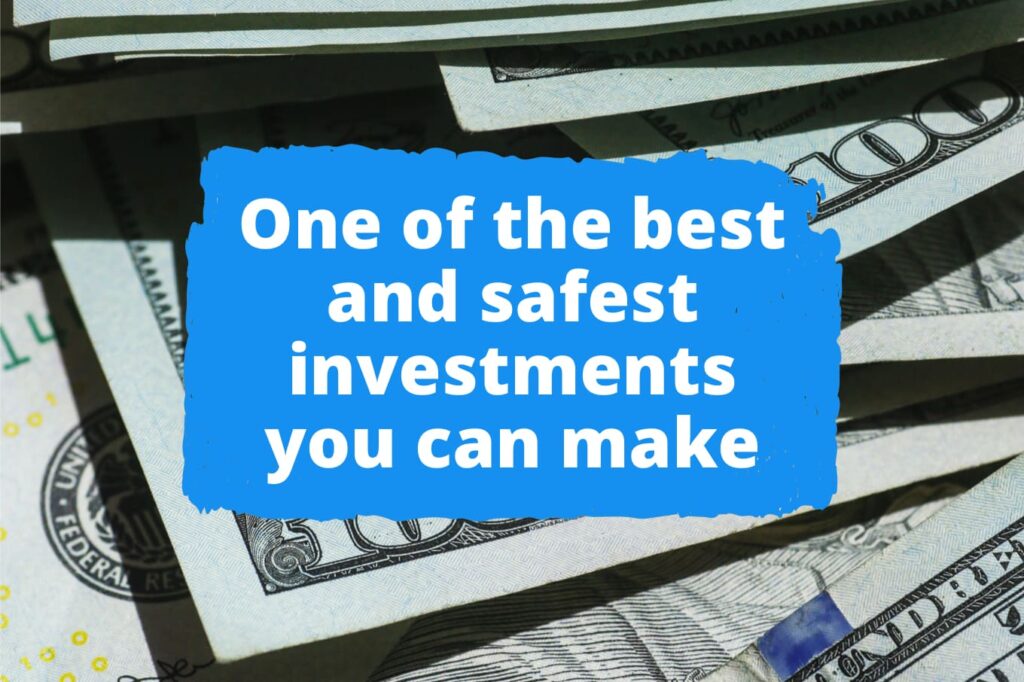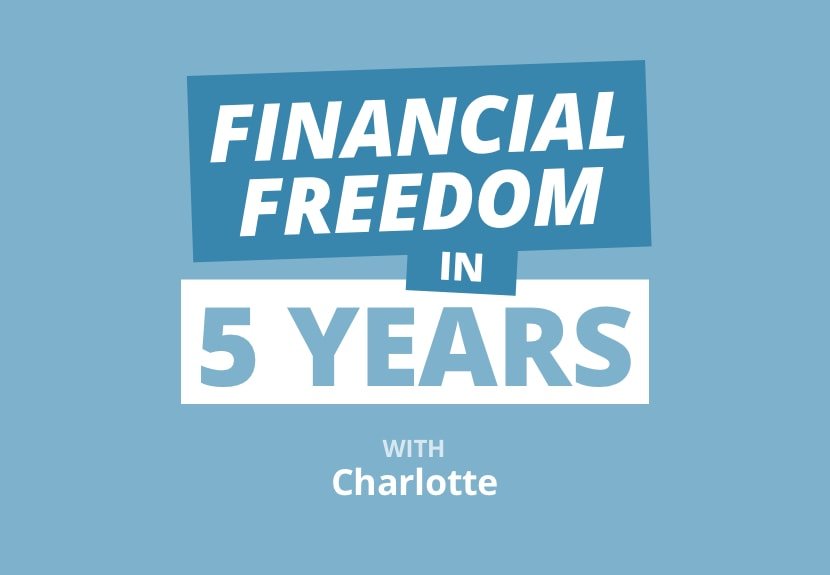[ad_1]
The fix: If you have concerns about being able to meet your short- or long-term financial goals and you’re not sure they’re rational, you could probably benefit from an outside perspective. “It goes back to getting professional advice, because that objective opinion can really deal with the anxiety,” says Dilys D’Cruz, vice-president and head of wealth management at Meridian. “You might need someone to sit down and look it all over and say, you’re really not in that bad of a shape here, or here’s how to get you on track.” If you don’t already have a savings plan, you’ll need to figure out how to pay yourself first. For starters, this may involve enlisting a financial planner or money coach to help you zero in on your savings goals and determine how much of your discretionary income you can put away, and then setting up automated deposits into a high-interest savings account.
Fear #3: Being a burden someday
Some people worry they won’t have enough to retire on, and that they’ll end up being a financial burden to their spouse, children or other family members. Concern can be particularly acute for someone who watched a parent or other relative manage a disability or debilitating health issue that drained them financially.
The fix: If you have a history of illness in your family or you expect to have a lower income in retirement than you’re earning today, it’s best to save a bit extra in a registered account like a TFSA or an RRSP, says Leong. And if you don’t think you’ll have sufficient retirement savings and you want to make your last few working years really count, you may want to look at protecting your income with disability insurance.
The key is to be pro-active—waiting and worrying won’t help you or your kin. Consider seeking advice from a certified financial planner and raising the subject of finances with your family sooner rather than later. “It would be better to frame it as, I don’t want to be a burden, so I would like some help right now to get a better picture of my money as it stands and how I can be a supportive force for myself and my family in the future,” says Leong.
Fear #4: Being stuck in debt
For people who grew up with money struggles, being in the red can cause a black hole of worry. “The fear of falling into a situation where you cannot repay your debts is a completely valid and common worry,” says Leong.
Many of us live with some amount of debt, like a mortgage or student loans, but it’s high-interest consumer debt that worries people the most. During the early part of the pandemic, many Canadians were able to repay some of their credit card debt; according to Equifax, balances declined by 3% in 2021. But the average credit card debt still rings in at $3,330—and many people owe much more. The key factor beyond balances, though, is how stretched someone feels about their bills.
The fix: “Avoidance is a common response to a stressor, but when it comes to your debt, you have to do the opposite—you have to confront it because clarity always brings comfort when it comes to finances,” says Leong. That means sitting down, listing your consumer debts and their interest rates, and getting aggressive about paying them down. “If you are really consumed with worry about your credit card debt, look for a not-for-profit credit counselling agency that can help you with possibly consolidating your debts but also working on the behaviours that might have gotten you there,” says Leong.
Fear #5: Talking about money
Some four in 10 Canadians surveyed by Meridian reported that their families didn’t talk about personal finance while they were growing up—at all. If money talk was taboo in your family, the mystique around earnings, debt and savings may have created stress that you’ve carried into adulthood. This could make it challenging to discuss finances with your aging parents, your partner and possibly even your own kids.
[ad_2]



